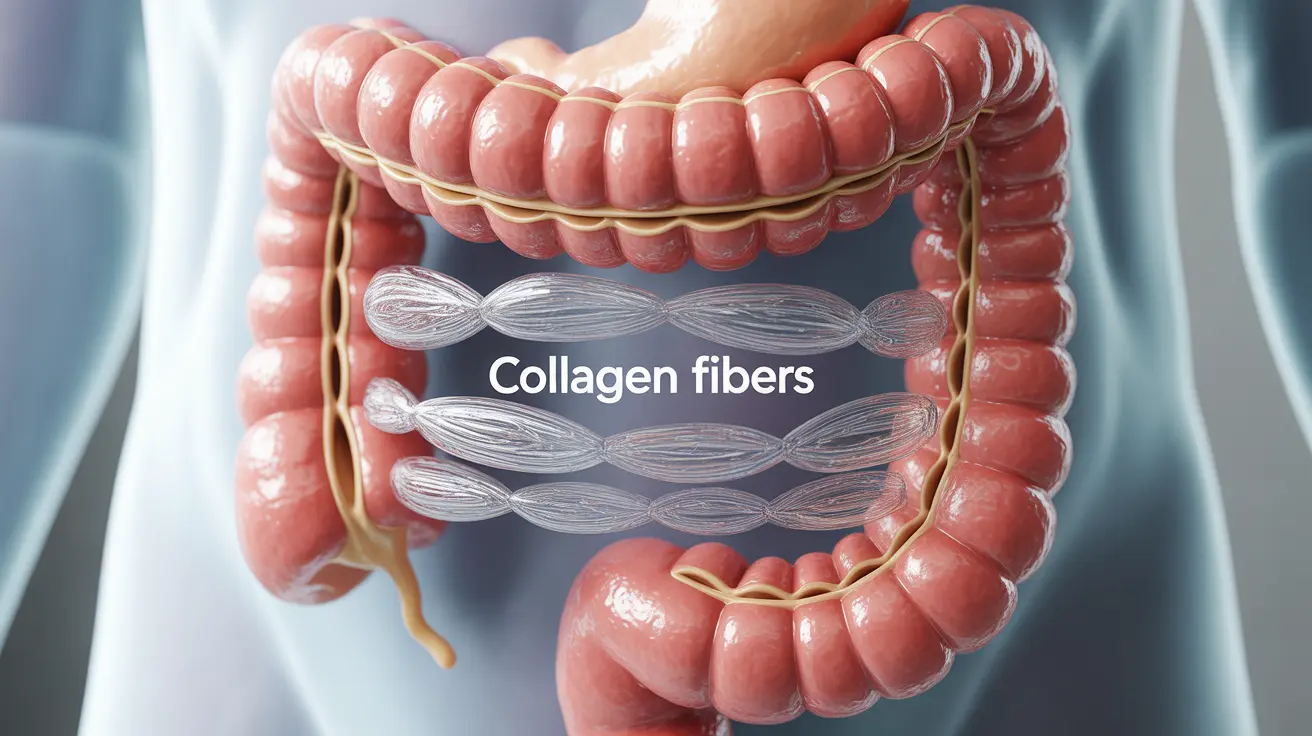The relationship between collagen and digestive health has gained significant attention in recent years, as researchers uncover the vital role this protein plays in maintaining a healthy gut. As the most abundant protein in our bodies, collagen provides crucial support for the digestive system's structure and function, potentially offering relief for various digestive concerns.
Understanding how collagen benefits gut health can help you make informed decisions about your digestive wellness strategy. From supporting intestinal barrier integrity to reducing inflammation, collagen's impact on digestive health is both fascinating and significant.
Understanding Collagen's Role in Digestive Health
Collagen serves as a fundamental building block for the intestinal lining, providing structural support and helping maintain the gut barrier's integrity. This protein contains specific amino acids that are essential for repairing and strengthening the intestinal wall, potentially preventing various digestive issues.
The amino acids glycine, proline, and glutamine found in collagen play crucial roles in supporting digestive health. These compounds help repair damaged intestinal tissue and maintain the protective mucus layer that lines the gut.
How Collagen Supports Gut Barrier Function
The intestinal barrier acts as a selective gateway, allowing beneficial nutrients to pass through while keeping harmful substances out. Collagen helps maintain this crucial barrier by:
- Strengthening the intestinal wall
- Supporting the growth of new tissue
- Maintaining the integrity of the gut lining
- Promoting healthy cell turnover
The Anti-inflammatory Properties of Collagen
Collagen's amino acid profile contributes significantly to its anti-inflammatory properties in the digestive system. Glycine, in particular, has been shown to help reduce inflammation in the gut, potentially alleviating symptoms like bloating and discomfort.
Regular collagen consumption may help create an environment that supports healthy gut flora while reducing inflammatory responses that can lead to digestive distress.
Natural Sources of Collagen for Gut Health
While supplements are popular, several foods naturally contain collagen or support its production:
- Bone broth
- Fish with edible bones
- Chicken skin and cartilage
- Egg whites
- Citrus fruits (support collagen production)
- Leafy greens (contain collagen co-factors)
Maximizing Collagen's Benefits for Digestive Health
To optimize collagen's positive effects on gut health, consider these strategies:
- Consume collagen-rich foods regularly
- Include vitamin C-rich foods to support collagen synthesis
- Maintain a balanced diet with diverse protein sources
- Stay hydrated to support optimal digestion
- Consider quality collagen supplements when needed
Frequently Asked Questions
What are the benefits of collagen for gut health and digestion? Collagen supports gut health by strengthening the intestinal barrier, providing essential amino acids for tissue repair, and helping maintain the protective mucus layer in the digestive tract. It can also aid in reducing inflammation and supporting overall digestive function.
Can collagen supplements help repair or strengthen the intestinal lining? Yes, collagen supplements can help repair and strengthen the intestinal lining through their high concentration of specific amino acids that support tissue repair and maintenance. These supplements provide the building blocks needed for gut barrier integrity.
How does collagen contribute to reducing gut inflammation and symptoms like bloating? Collagen contains anti-inflammatory amino acids, particularly glycine, which can help reduce gut inflammation. This may lead to decreased bloating and other digestive discomfort by supporting a healthy gut environment and proper digestive function.
Is collagen effective in supporting the treatment or management of leaky gut syndrome? Collagen can be beneficial in supporting the management of leaky gut syndrome by helping to strengthen the intestinal barrier and providing the necessary components for gut lining repair. However, it should be part of a comprehensive treatment approach.
Which foods are rich in collagen and how can they support overall digestive health? Foods rich in collagen include bone broth, fish with edible bones, and chicken skin. These foods support digestive health by providing direct collagen sources and the amino acids necessary for gut lining maintenance and repair. Additionally, foods that support collagen production, such as citrus fruits and leafy greens, contribute to overall digestive wellness.




